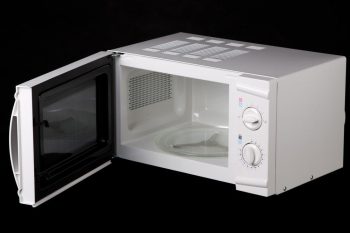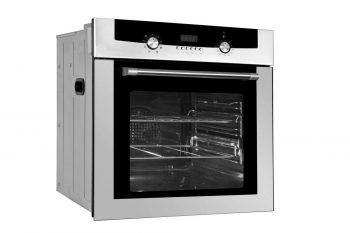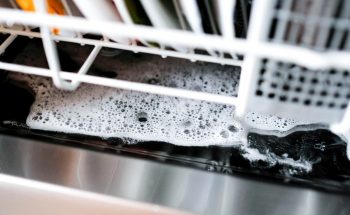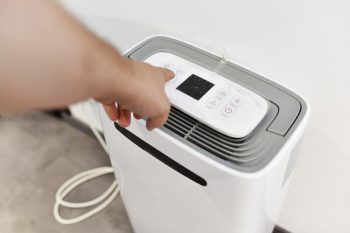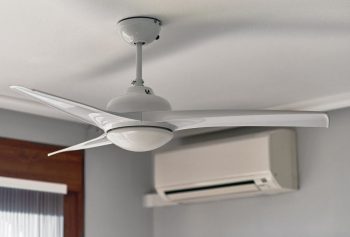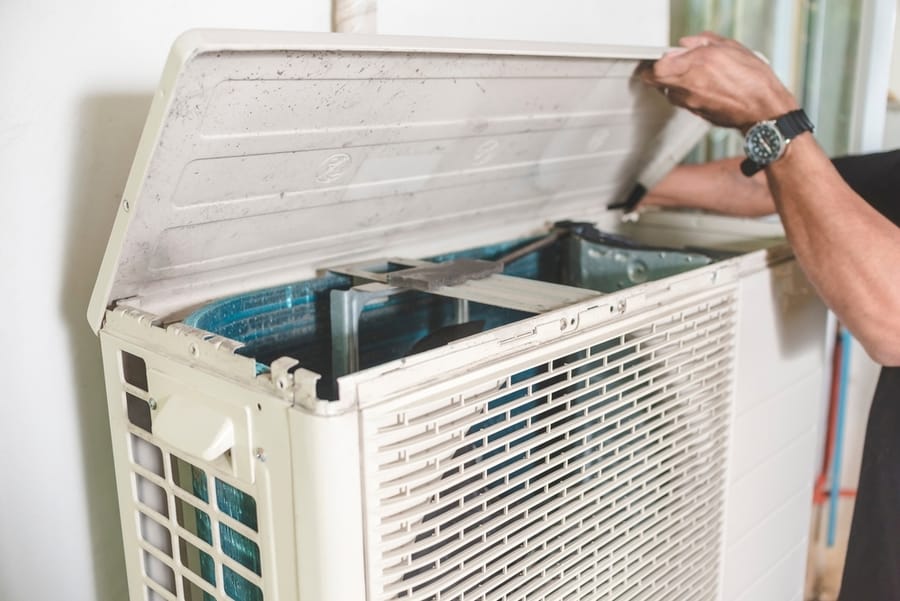
Tired of watching moisture on the surface of your AC compressor? Many people complain about the compressor unit of their air conditioning system sweating and end up spending a fortune on it without identifying the issue.
The compressor is a part of the air conditioning system that houses the refrigerant, the active chemical that produces the cooling effect.
If the compressor is sweating, it can be anything from a normal daily process to a severe underlying technical issue.
To save time, here’s a quick flash-forward of what you will get in this blog.
Let’s dig deeper into the most common five reasons for AC compressor sweating:
- Under Normal Circumstances
- The Filters Need Thorough Cleaning
- Blockage in the Refrigerant Line
- Leakage of the Cooling Chemical
- Indication of a Bigger Issue
Is AC sweating normal, or is this hinting at a bigger problem? Let’s dive into the reasons to know for sure:
5 Common Reasons Your AC Is Sweating
There are many reasons and explanations as to why sweating can happen. But, finding the one that is particularly related to your problem can take expert skills and extensive knowledge of the subject.
The most commonly occurring reasons that can cause your AC to sweat are mentioned below:
1. Under Normal Circumstances
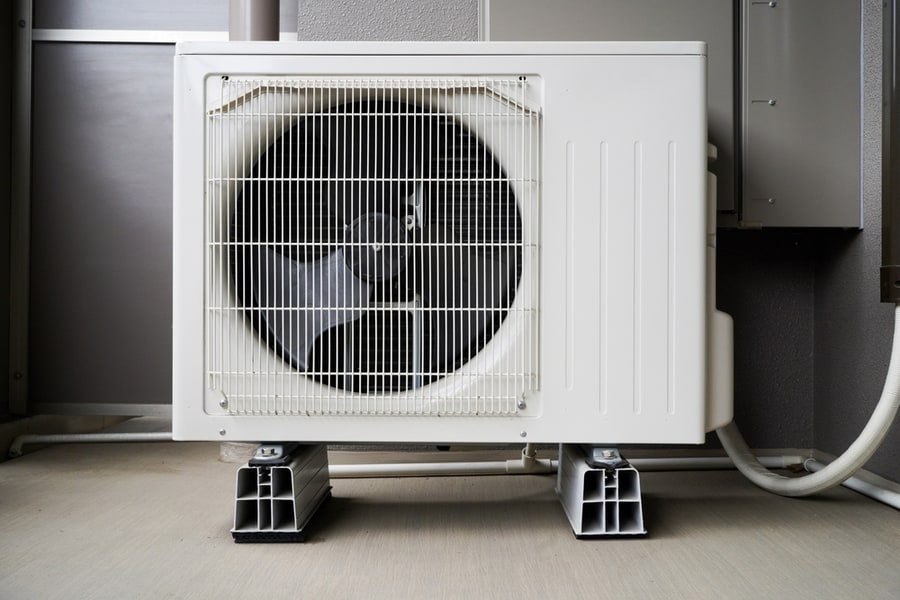
Not all the time it shows the presence of a problem. It is normal for cold surfaces to sweat in winter because of the phenomenon called condensation.
Hardly will you find this phenomenon occurring in Summer; therefore, if you find your AC sweating on a hot summer day, there are high chances of a more severe issue that requires your attention.
In the winter, cold surfaces often sweat because their temperature gets so cold that the moisture surrounding them condenses and sits on the coldest surface nearby.
2. The Filters Need Thorough Cleaning
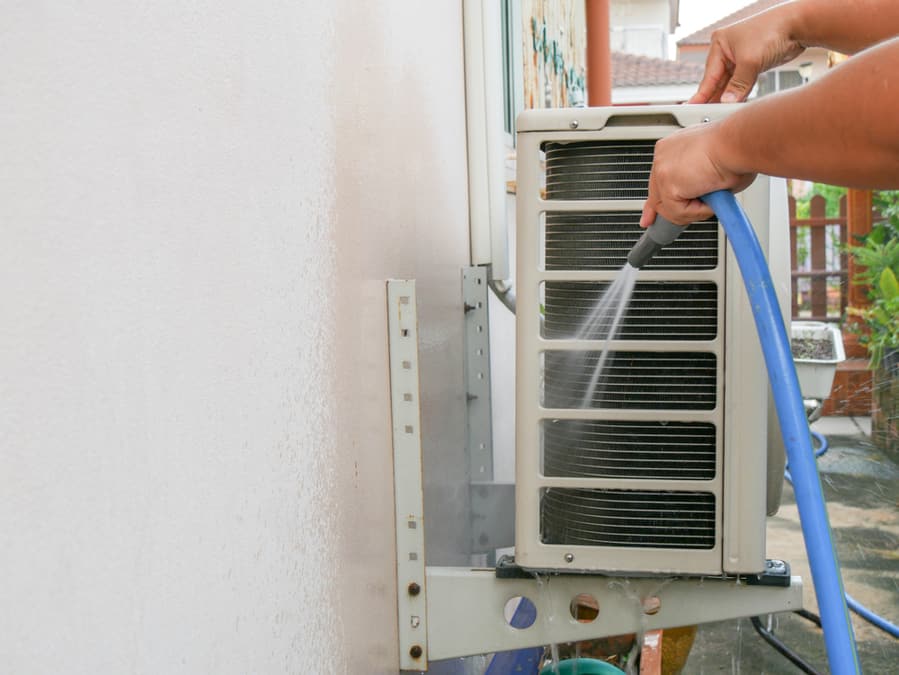
If the filters of your air conditioning systems, especially a split AC indoor unit, are not clean enough, they will hinder the passage of the refrigerant from the filters.
As a result, the refrigerant will remain on the inside or in the compressor, producing a cooling effect leading to the condensation phenomenon around that area and eventually making the compressor sweat.
3. Blockage in the Refrigerant Line
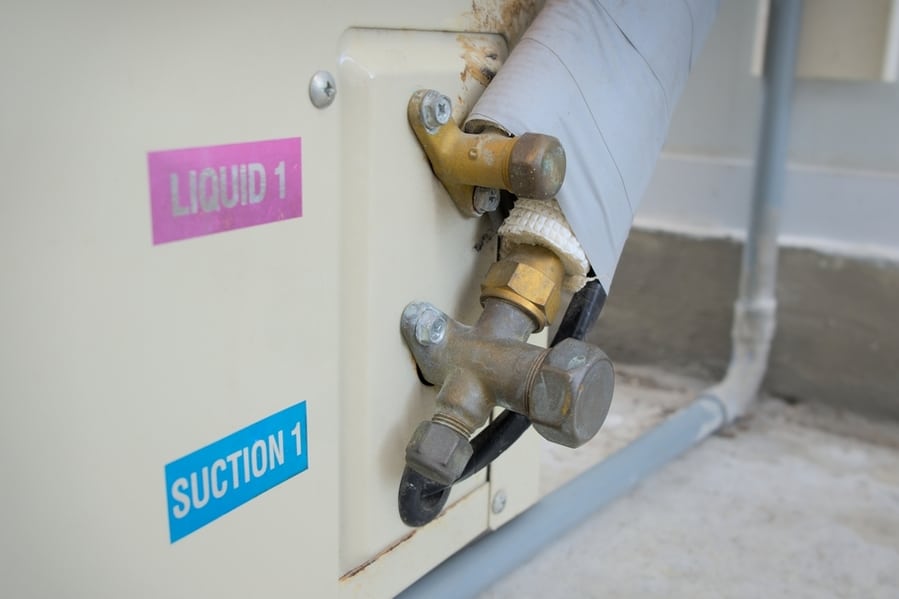
The pathway of the refrigerant is quite smooth in an AC system, and if the path is blocked or disturbed in any way, it can negatively impact the distribution of the cooling chemical.
The uneven distribution of the cooling chemical will cause condensation in areas where it is in higher quantity while affecting the system’s efficacy and overall temperature control.
When condensation happens, it follows by sweating in that area. The sweating of your compressor could also be due to blockage of the refrigerant line.
4. Leakage of the Cooling Chemical
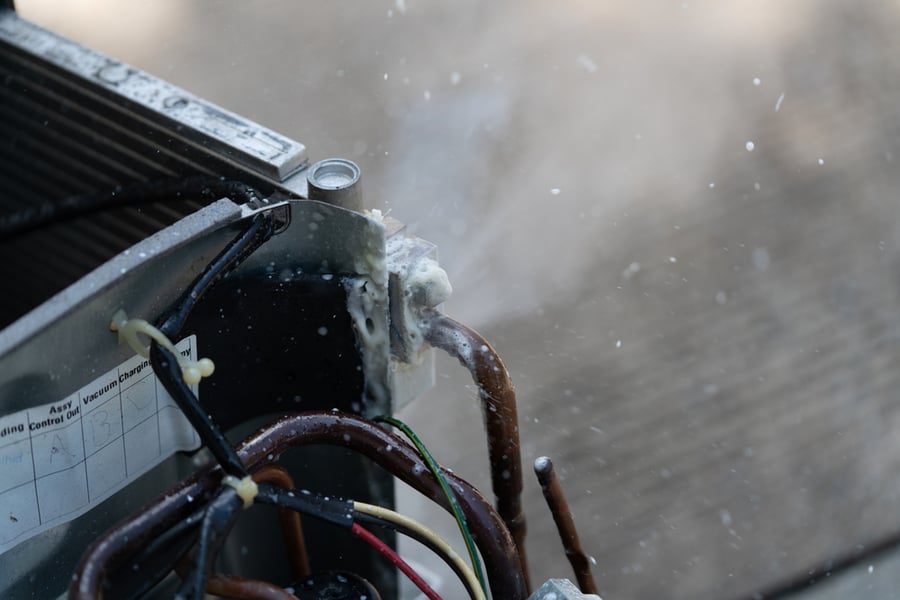
As opposed to blockage, the leakage of the refrigerant or the cooling chemical can also take place under unfavorable circumstances.
When there is a problem or crack in the compressor, it might start leaking the refrigerant.
One of the earliest signs of the leakage of the cooling chemical from the compressor is that it starts sweating. Later, it can be seen as ice or solid white emission.
If this happens, you need to call a professional to save your air conditioning system from further damage.
5. Indication of a Bigger Issue
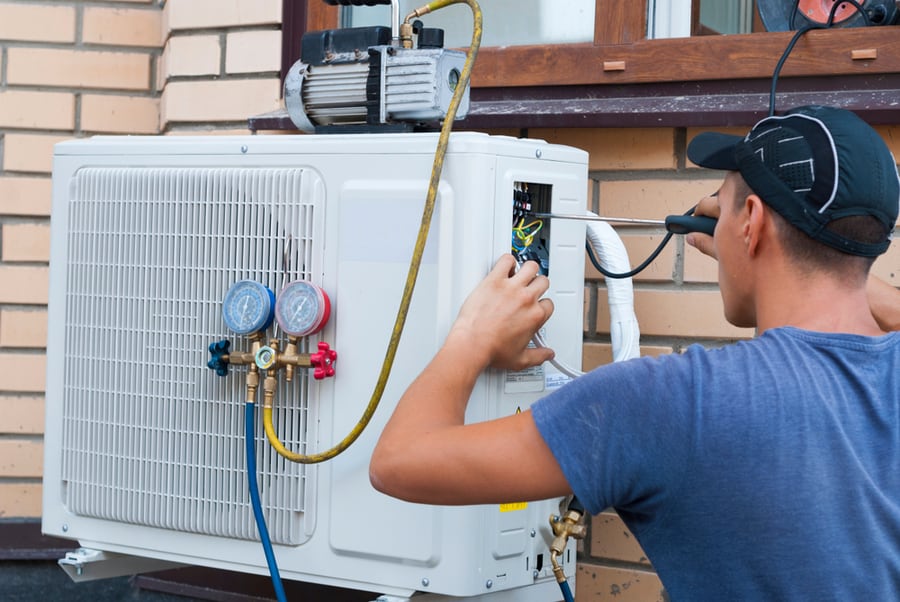
Many bigger issues related to the HVAC systems also surface initially in the form of the sweating of compressors. But, these issues will develop later and cause severe damage to the system.
These issues include wear and tear of internal machinery, burning down of a component, overheating of a spare part, over-cooling of a spare part, and many more.
Takeaway
When your AC compressor starts acting weird and begins to sweat, don’t jump to the conclusion that there is a severe issue associated with this.
Relax. Take your time. Identify the problem completely, process the information, and then decide what to do next.
You will want to rule out all the reasons one by one and make a well-informed decision later on whether or not to ask for professional help given the situation and resources.
Frequently Asked Questions
Why Does the AC Duct Sweat?
It can sweat for the same reasons a compressor of an AC can start sweating. Give our blog a read to find out all the potential reasons.
What Should I Do About Ductwork Sweating?
Start with reducing the humidity levels in your place, clean the filters, ensure there’s no internal damage, and if nothing works, call a professional.


